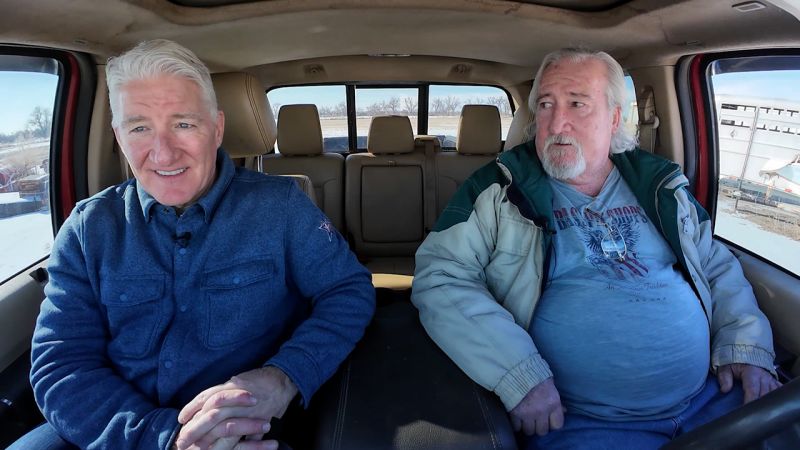Heartland Betrayal: A Trump Supporter's Changing Perspective

In the rolling grasslands of Colorado, David Hayes stands as a testament to the complex political landscape of rural America. A dedicated bison rancher with a deep-rooted conservative background, Hayes has consistently supported Donald Trump through three election cycles. Yet, his perspective reveals a nuanced view of the former president that goes beyond simple party loyalty.
During a recent conversation with CNN's John King, Hayes and fellow Republican voters in Colorado shared candid insights into their political mindset. While they enthusiastically appreciate Trump's ability to disrupt Washington's traditional political dynamics, they're not blind to the potential drawbacks of his controversial approach.
These voters find themselves in a delicate balance - celebrating Trump's outsider status and willingness to challenge the political establishment, while simultaneously harboring reservations about some of his more polarizing actions. Their support is neither unconditional nor unquestioning, but rather a reflection of the complex political sentiments that define rural conservative communities.
Hayes represents a growing demographic of voters who are simultaneously energized by political shake-ups and cautiously critical of their preferred candidates. His story underscores the nuanced political landscape that continues to shape American electoral politics.

